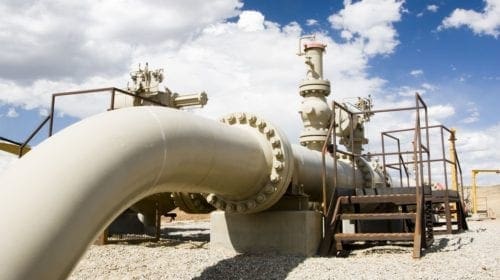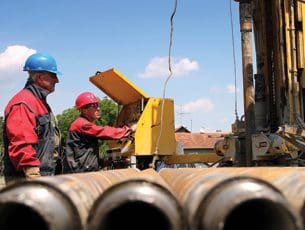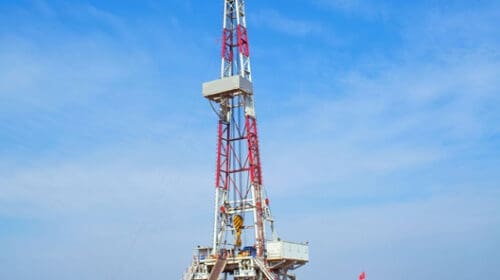Traditionally, data acquisition in the oil and gas industry has been a cost center and not a revenue-generating asset for exploration and production (E&P) companies. Most E&P companies have collected rooms of filing cabinets full of logs, completion data and maps. However, with computing technology and the continued employment of Moore’s law throughout the hardware spectrum, the ability to accumulate, store and analyze proprietary non-commercially available data is far greater than it has ever been. That ability is allowing oil and gas operators to gather data in real time and to make educated decisions at a speed unseen in years past.
Maximizing the value of data, including proprietary data and public regulatory data, and the knowledge set within the industry is fundamentally transforming the E&P process. Being able to combine and analyze all of the microseismic, production and geoscientific data quickly and make sophisticated decisions quickly is a great benefit to the industry.
According to McKinsey & Co, data and data analytics across the entire oil and gas industry is going to be the fastest growing segment of technology in the industry, and will provide the highest margins on return. Those that employ big data capabilities within their organizations and compete as first movers should enjoy competitive advantage.
It makes sense that the better data one possesses, the better decisions they are able to make, and the quicker they are able to make them. To have competitive advantage in big data, it is imperative for operators to be collecting and maintaining the most data points possible as efficiently as possible. That function will be at the heart of competitive profitability for years to come and success as a first mover in big data and the benefits it brings will rely on how quickly companies can forecast the potential of various plays and keep their costs low in developing those plays all through the use of these data systems.
Beyond the exploration process, operators can use big data for production efficiency, equipment maintenance, title and leasehold acquisition, reservoir engineering, lease and contract maintenance, environmental safety and security throughout their operations. Each and every department of a modern day E&P enterprise stands to gain from big data technologies.
Big data holds opportunities for increasing oil and gas production, improving efficiency in the field and in corporate offices, reducing costs, enhancing safety, facilitating collaboration and boosting strategic decision making and profitability. Ultimately, it is creating competitive advantage for those that embrace and use big data capabilities within the organization.
As we leave the first innings of the 21st century, the advent of big data and the increasing power and speed in which it is collected, analyzed and employed for both public and private uses has had a tremendous effect on our lives and our civilization. The systems that have been created and that are currently employed have revolutionized the way we do business and live in society. The oil and gas industry is at the beginning of embracing those technological capabilities and the companies that continue to develop their big data systems should enjoy first mover competitive advantage in developing new energy resources at the lowest cost possible.
Joseph P. DeWoody (@jpdewoody) is the president of Clear Fork Royalty, an oil and gas royalty investment company located in Fort Worth, Texas. Clear Fork Royalty works with accredited investors, trusts and family offices to provide portfolio access to oil and gas mineral rights and royalties to hold for long term investment through various direct investment vehicles. Joseph was selected by Oil and Gas Investor Magazine as a winner of the Top 20 under 40 Award, and by TIPRO and Texas Monthly Magazine as a Texas Top Producer. Joseph is a member of the Young Presidents’ Organization (YPO). He was appointed by Texas Governor Rick Perry to a six year term on the Texas Board of Professional Geoscientists. He serves on the Board of Directors for the National Stripper Well Association and the Texas Alliance of Energy Producers.












